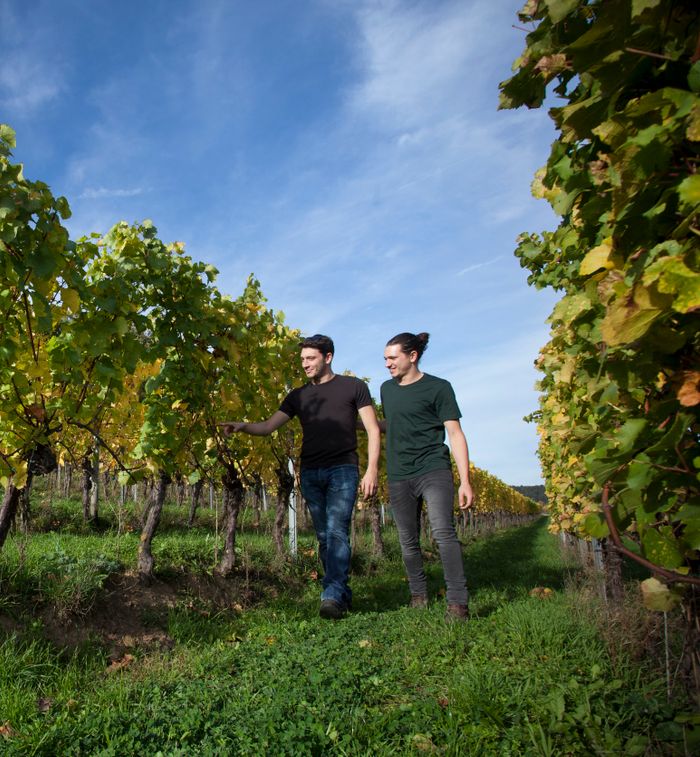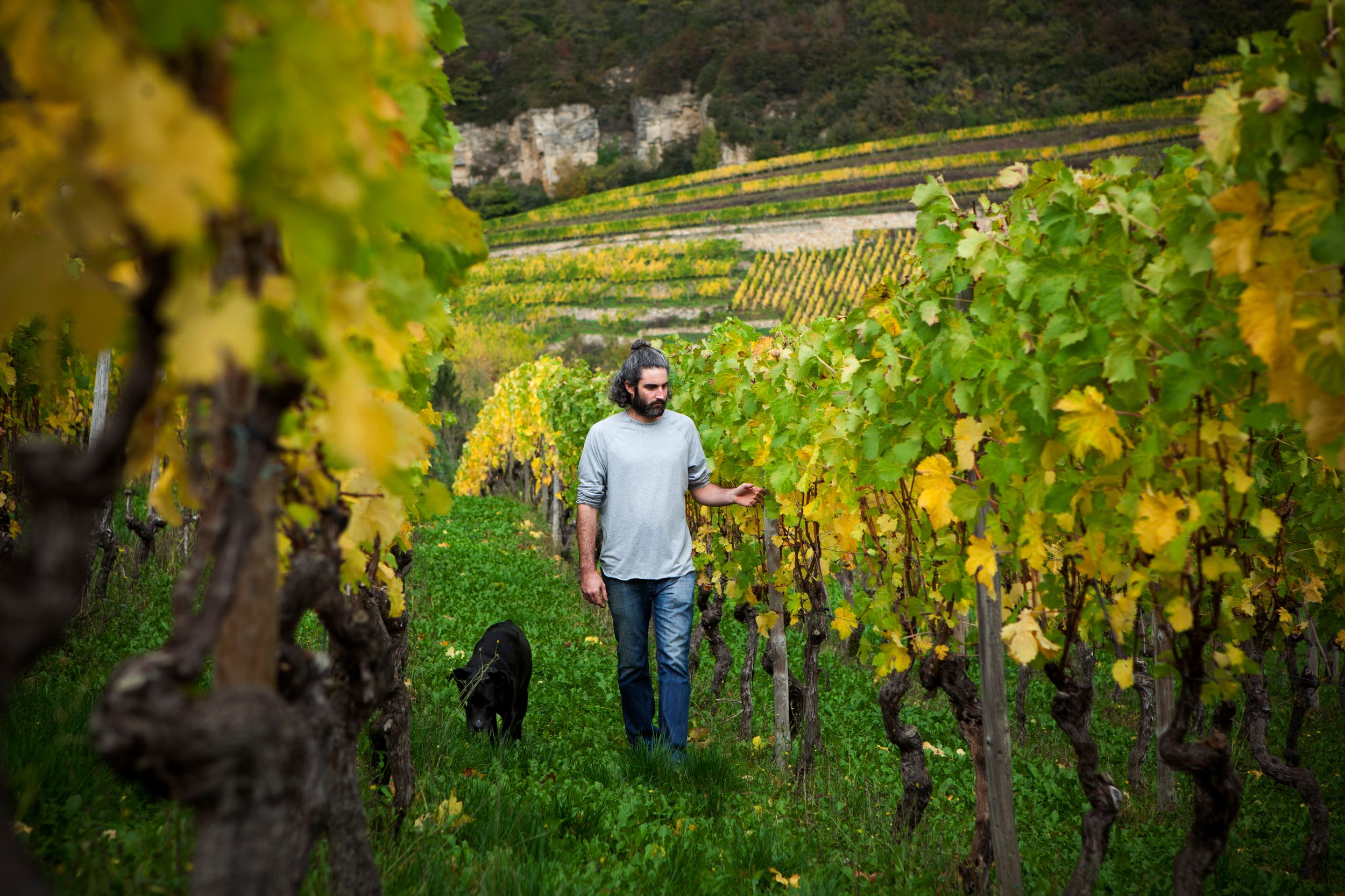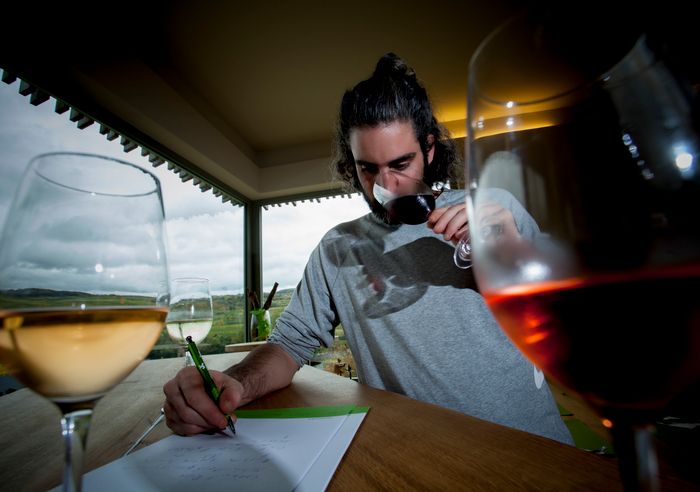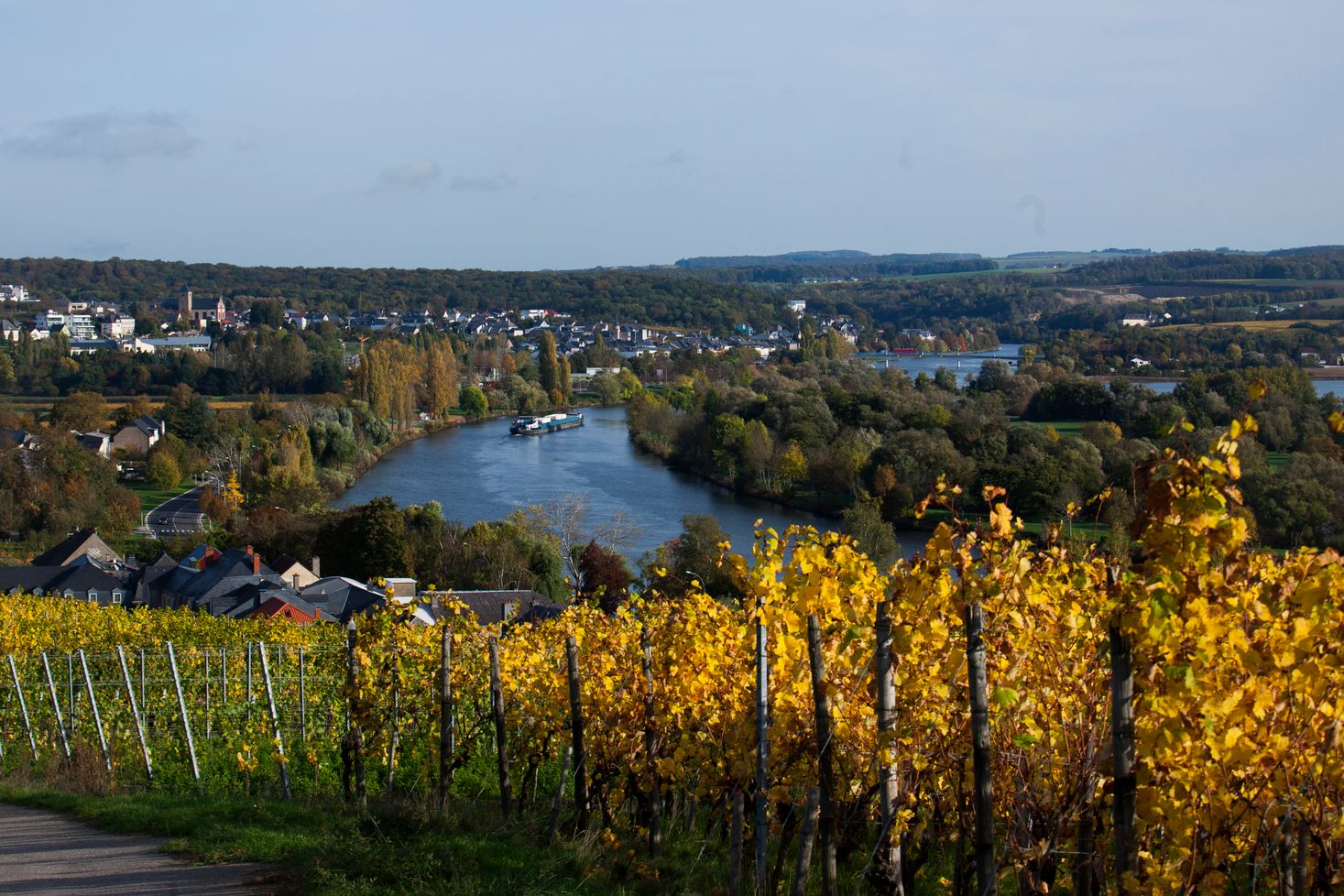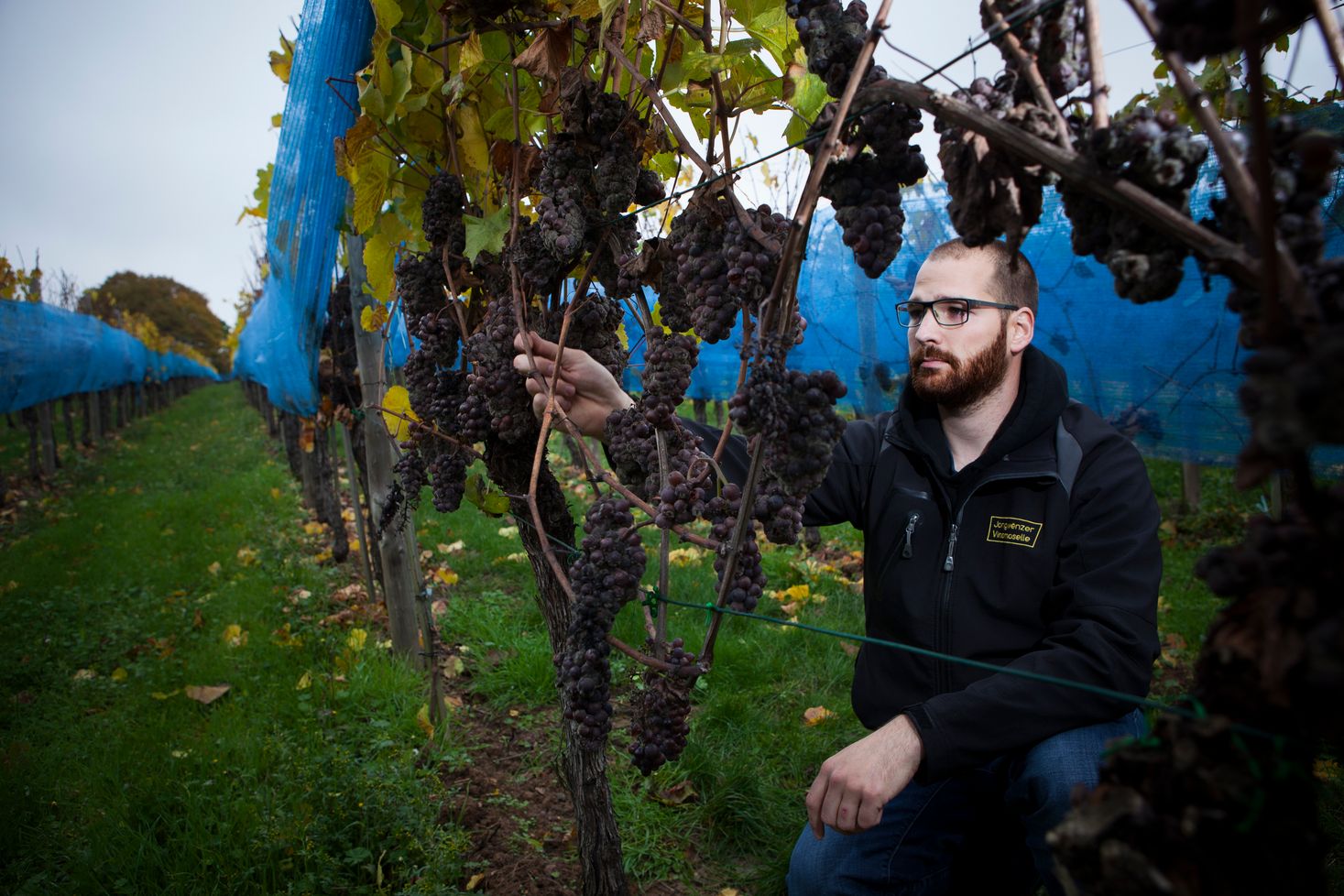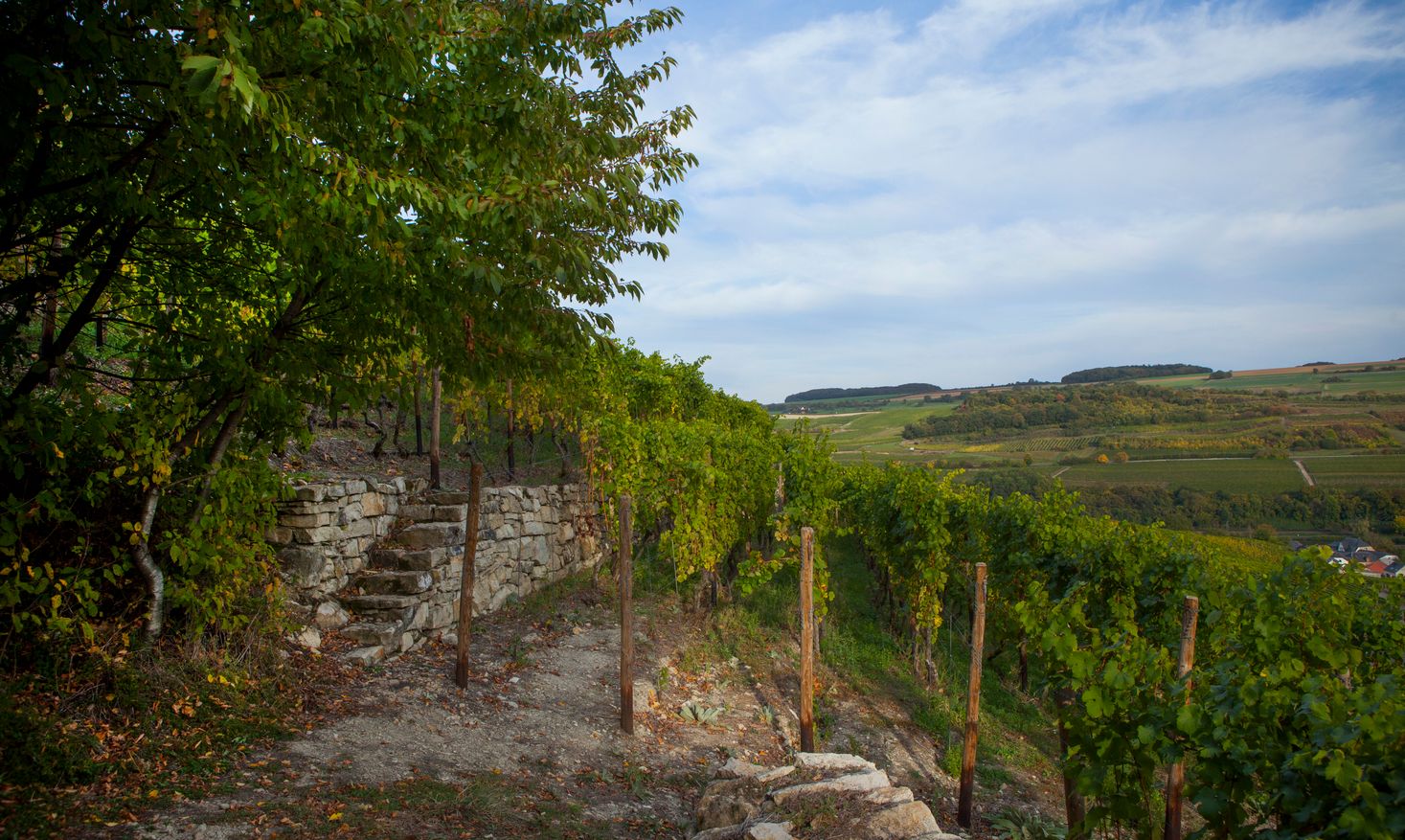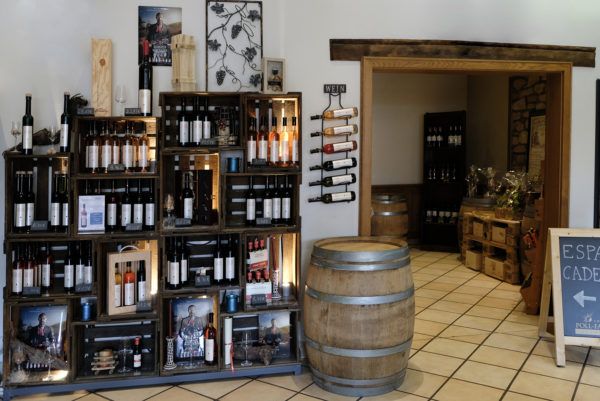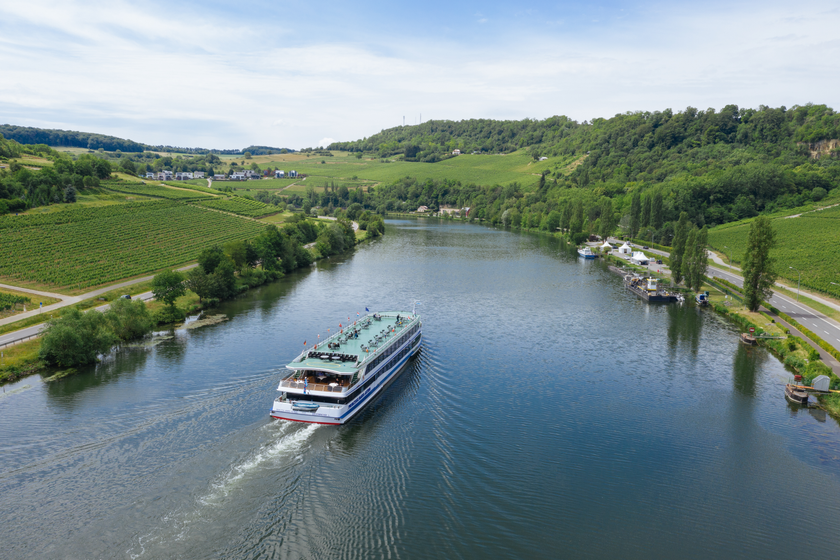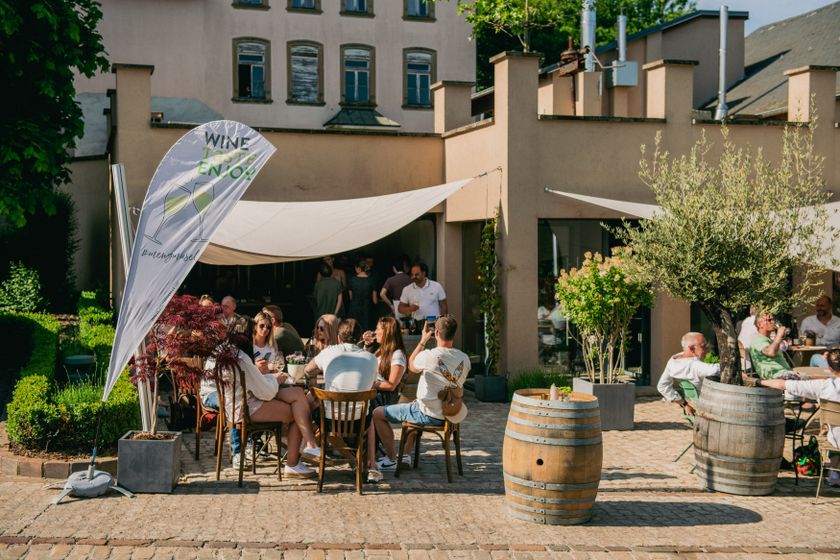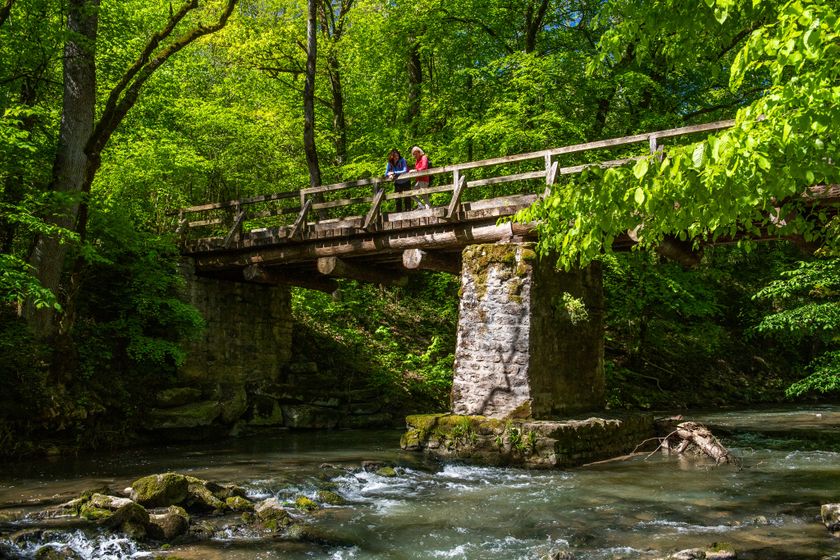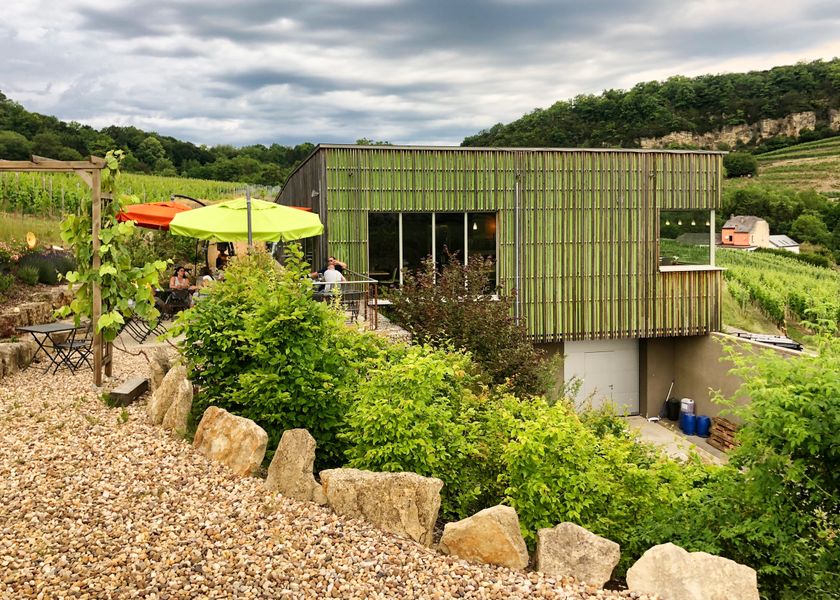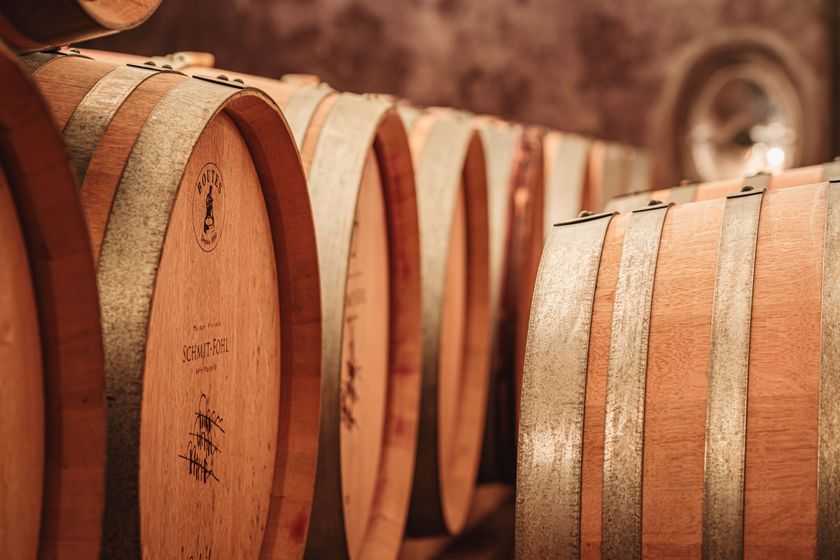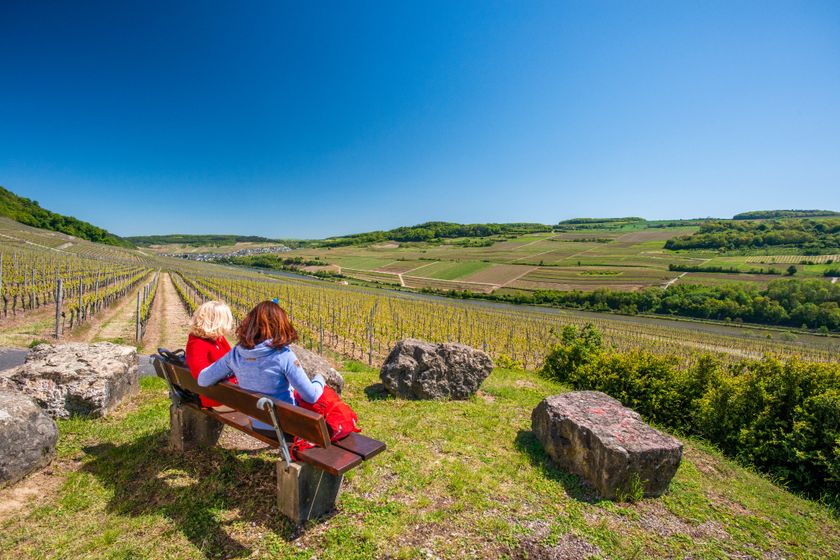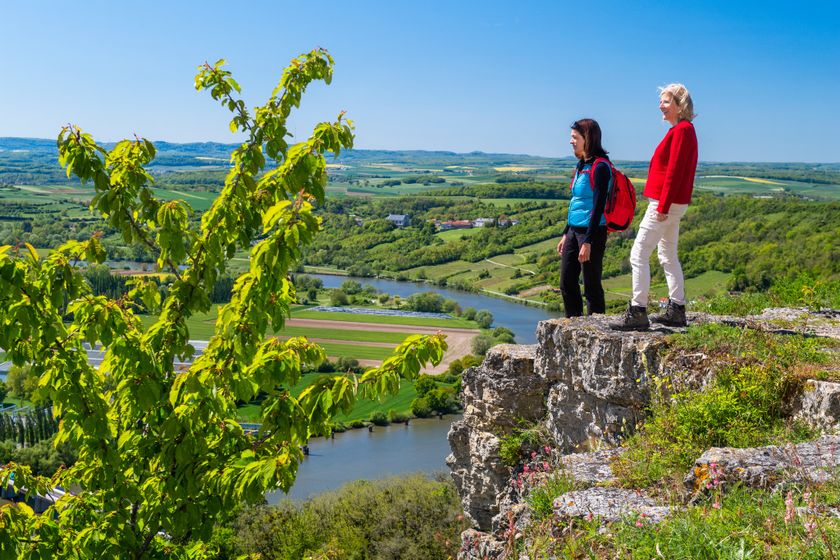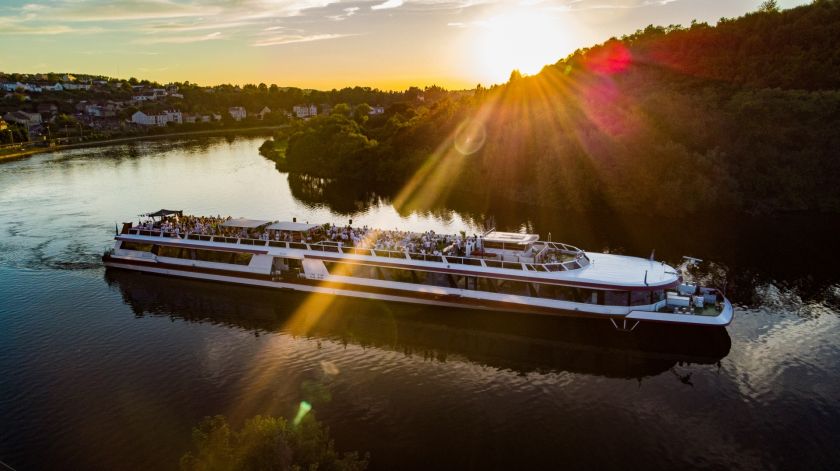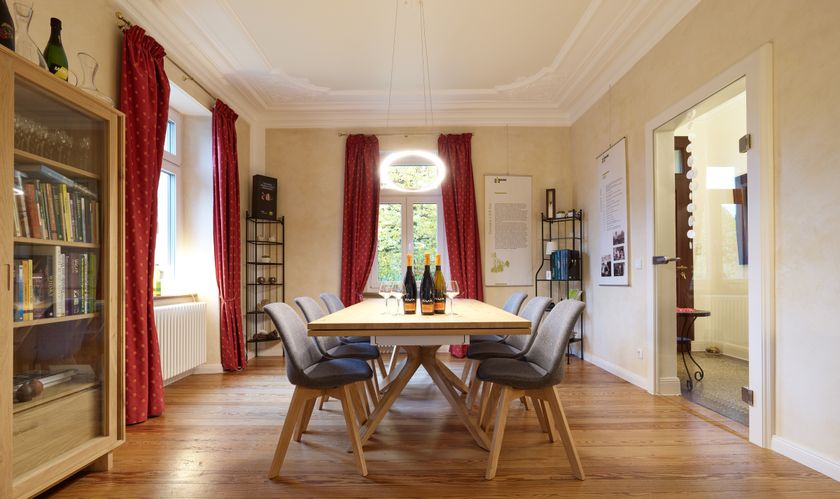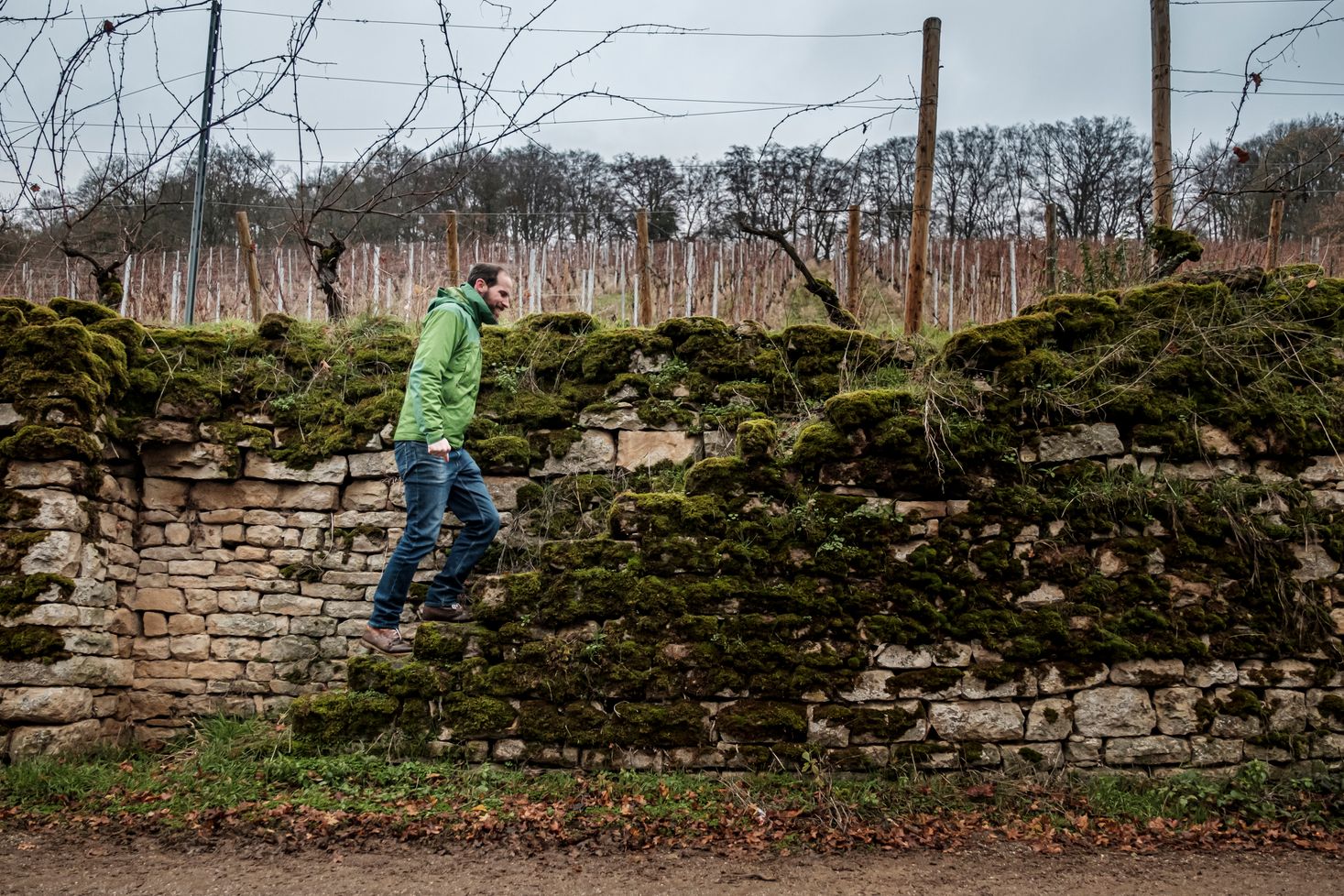Fresh breeze in the vines
At the Luxembourg Moselle, a new generation of winegrowers is coming to the fore – with fresh ideas and a shared goal to make absolute top quality wines.
Ahn is a charming village, sited where the Donverbach stream flows into the Moselle, and surrounded by highly photogenic hillsides. Looking down on Ahn is the Palmberg, one of the country’s finest terroirs and also a nature reserve that can be explored by following the “Wine and Nature, Palmberg Ahn Dream Loop”, an extremely popular hiking trail.
In the centre of the village is an estate which is now being managed by two young men: Nicolas and Mathieu Schmit (27 and 26). The brothers’ father, Armand, is however always on hand to offer his invaluable advice. Although the estate is long-established (founded in the 18th century), it certainly moves with the times.
In 2017, Armand and Nicolas decided to start converting the whole estate to organic. They are convinced that by banishing synthetic chemicals, nature will provide them with better wines. “We’re not fanatical about being organic!” Nicolas jokes. “It’s just that we firmly believe that by allowing the vines to grow in a richer ecosystem, they’ll flourish far better – which can only be of benefit to our wines.” Visitors are welcomed in the new – and truly splendid – tasting room with a glass door at the back that opens into the cellar.
